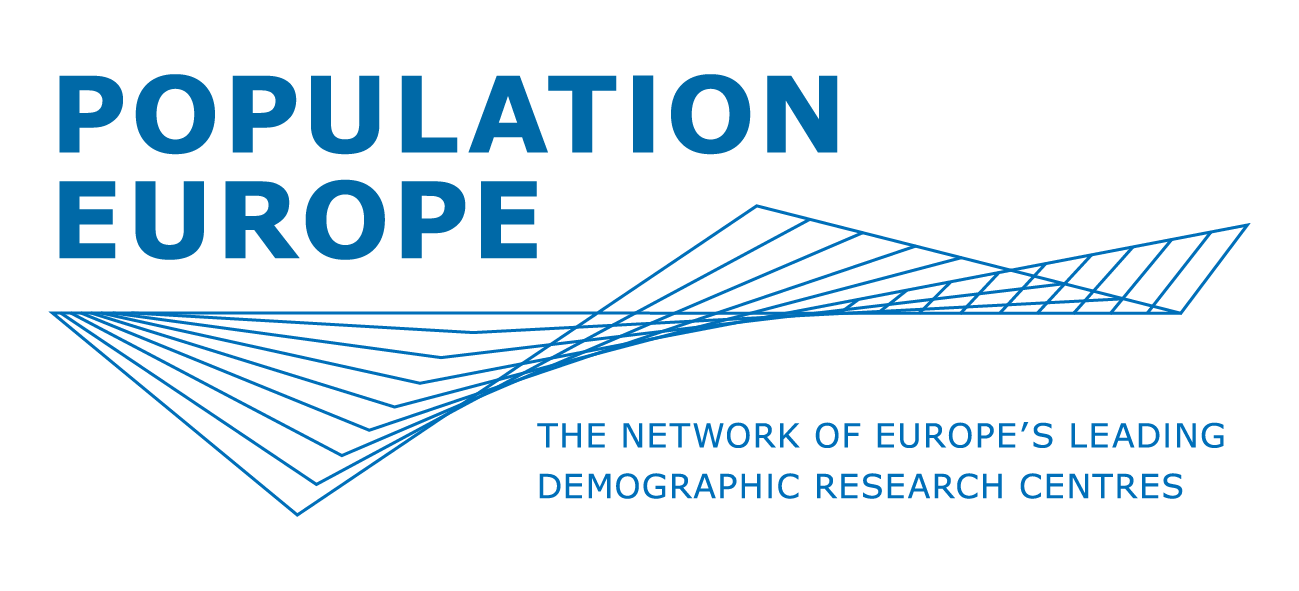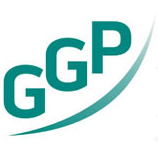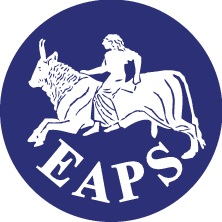Ageing Europe: An application of National Transfer Accounts for explaining and projecting trends in public finances (AGENTA)
The AGENTA project aims at explaining the past and forecasting the future of taxes and public transfers and services in the light of demographic change in the European Union. Conceptually AGENTA puts a special emphasis on
- the links between the public and the non-public sector (particularly households) in providing resources in the dependent periods of the life cycle;
- the links between the different components of the public budget (current investments in the health and other human capital of children shape the need for services and the size of the public budget in the future);
- the definition of stages of the life cycle, such as childhood, active age and old age, in particular the age of becoming old, and how they interrelate to impact both economic activity during the life-cycle and the timing of, and circumstances surrounding, the retirement decision.
Coordinator: Vienna Institute of Demography.
Partners:
Institute for Future Studies, Stockholm
Lund University
University of Barcelona
University of Ljubljana
Paris School of Economics
Warsaw School of Economics
National Institute of Economics and Social Research, London
The Hungarian Demographic Research Institute in AGENTA:
The HDRI leads two main project parts: research on the extension of NTA methodology to unpaid household labour and on indicators of sustainability and fairness. In addition, the HDRI will make major contributions to two other activities: creation of a European NTA dataset and research on retirement decisions and intergenerational redistribution of resources.
Researchers
GÁL, Róbert Iván; MONOSTORI, Judit; VARGHA, Lili
Related publications of HDRI researchers
Lili Vargha, Róbert Iván Gál, Michelle O. Crosby-Nagy: Household production and consumption over the lifecycle: the National Time Transfer Accounts in 14 European countries. Working Papers on Population, Family and Welfare. No. 22 / AGENTA Working Paper No.4.
Gál, Róbert Iván – Szabó, Endre – Vargha, Lili (2015): The age-profile of invisible transfers: the true size of asymmetry in inter-age reallocations. The Journal of the Economics of Ageing, Vol. 5. 98-104.
Gál, Róbert Iván – Vargha, Lili (2015): Intergenerational reallocation of resources. In: Monostori, Judit - Őri, Péter - Spéder, Zsolt (eds.): Demographic Portrait of Hungary 2015. Hungarian Demographic Research Institute. Budapest.
Lee, Ronald – Mason, Andrew – members of the NTA Network (2014): Is low fertility really a problem? Population aging, dependency, and consumption. Science 346/6206, 229-234. (Róbert Iván Gál is a member of the NTA Network)
Gál, Róbert Iván - Szabó, Endre - Vargha, Lili (2013): The age-profile of invisible transfers: the true size of asymmetry in inter-age reallocations. Working Papers on Population, Family and Welfare. No. 18. Demographic Research Institute, Hungarian Central Statistical Office. Budapest.
Gál, Róbert Iván – Vargha, Lili (2013): NTA Country Report: Hungary 2005. National Transfer Accounts.
Vargha, Lili (2013): Lee, Ronald D. and Mason, Andrew, eds. (2011): Population Aging and the Generational Economy: A Global Perspective. Cheltenham, Northampton: Edward Elgar (book review). Demográfia English Edition, 56(5), 93-97.
Gál, Róbert Iván – Gergely, Vera – Medgyesi, Márton (2011): NTA in Hungary: Contribution asset and returns in a pay-as-you-go pension scheme. In: Lee, RD and Mason, A (eds): Population Aging and the Generational Economy: A Global Perspective. Cheltenham UK and Northampton MA: Edward Elgar Publishing, 542-553.
Research Highlights
Asymmetric socialization in inter-age transfers
Project website: http://www.agenta-project.eu/en/index.htm
AGENTA is financed by the European Commission within the 7th Framework Programme
Grant Agreement Number: 613247





